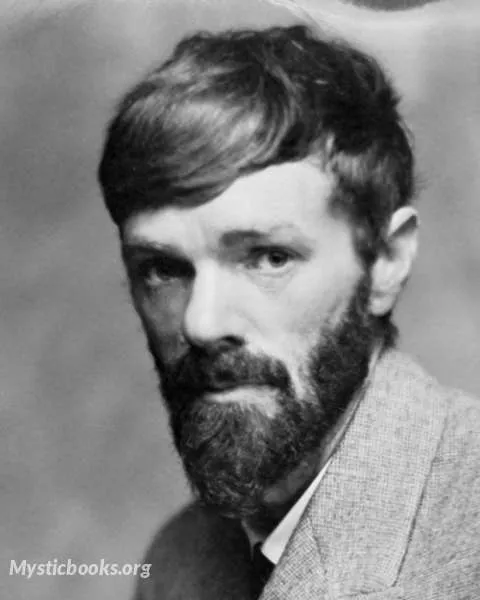
Timeline
Title
Country/Nationality
D. H. Lawrence
David Herbert Lawrence was an English writer and poet. His collected works represent, among other things, an extended reflection upon the dehumanising effects of modernity and industrialisation. Lawrence's writing explores issues such as sexuality, emotional health, vitality, spontaneity, and instinct. His works include Sons and Lovers, The Rainbow, Women in Love and Lady Chatterley's Lover.
Lawrence's opinions earned him many enemies and he endured official persecution, censorship, and misrepresentation of his creative work throughout the second half of his life, much of which he spent in a voluntary exile he called his "savage pilgrimage". At the time of his death, his public reputation was that of a pornographer who had wasted his considerable talents. E. M. Forster, in an obituary notice, challenged this widely held view, describing him as "the greatest imaginative novelist of our generation."Later, the literary critic F. R. Leavis championed both his artistic integrity and his moral seriousness.
The fourth child of Arthur John Lawrence, a barely literate miner at Brinsley Colliery, and Lydia Beardsall, a former pupil-teacher who had been forced to perform manual work in a lace factory due to her family's financial difficulties, Lawrence spent his formative years in the coal mining town of Eastwood, Nottinghamshire. The house in which he was born, 8a Victoria Street, is now the D. H. Lawrence Birthplace Museum. His working-class background and the tensions between his parents provided the raw material for a number of his early works. Lawrence roamed out from an early age in the patches of open, hilly country and remaining fragments of Sherwood Forest in Felley woods to the north of Eastwood, beginning a lifelong appreciation of the natural world, and he often wrote about "the country of my heart" as a setting for much of his fiction.
In the autumn of 1908, the newly qualified Lawrence left his childhood home for London. While teaching in Davidson Road School, Croydon, he continued writing. Jessie Chambers submitted some of Lawrence's early poetry to Ford Madox Ford (then known as Ford Hermann Hueffer), editor of the influential The English Review. Hueffer then commissioned the story Odour of Chrysanthemums which, when published in that magazine, encouraged Heinemann, a London publisher, to ask Lawrence for more work. His career as a professional author now began in earnest, although he taught for another year.
In late February 1922, the Lawrences left Europe behind with the intention of migrating to the United States. They sailed in an easterly direction, first to Ceylon and then on to Australia. A short residence in Darlington, Western Australia, where he met local writer Mollie Skinner, was followed by a brief stop in the small coastal town of Thirroul, New South Wales, during which Lawrence completed Kangaroo, a novel about local fringe politics that also explored his wartime experiences in Cornwall.
The Lawrences finally arrived in the United States in September 1922. Lawrence had several times discussed the idea of setting up a utopian community with several of his friends, having written in 1915 to Willie Hopkin, his old socialist friend from Eastwood:
"I want to gather together about twenty souls and sail away from this world of war and squalor and found a little colony where there shall be no money but a sort of communism as far as necessaries of life go, and some real Lawrence continued to write despite his failing health. In his last months he wrote numerous poems, reviews and essays, as well as a robust defence of his last novel against those who sought to suppress it. His last significant work was a reflection on the Book of Revelation, Apocalypse. After being discharged from a sanatorium, he died on 2 March 1930 at the Villa Robermond in Vence, France, from complications of tuberculosis. Frieda commissioned an elaborate headstone for his grave bearing a mosaic of his adopted emblem of the phoenix. After Lawrence's death, Frieda lived with the couple's friend Angelo Ravagli on their Taos ranch and eventually married him in 1950. In 1935, Ravagli arranged, on Frieda's behalf, to have Lawrence's body exhumed and cremated and his ashes brought back to the ranch to be interred there in a small chapel amid the mountains of New Mexico. decency… a place where one can live simply, apart from this civilisation… with a few other people who are also at peace and happy and live, and understand and be free…"
Lawrence continued to write despite his failing health. In his last months he wrote numerous poems, reviews and essays, as well as a robust defence of his last novel against those who sought to suppress it. His last significant work was a reflection on the Book of Revelation, Apocalypse. After being discharged from a sanatorium, he died on 2 March 1930 at the Villa Robermond in Vence, France, from complications of tuberculosis. Frieda commissioned an elaborate headstone for his grave bearing a mosaic of his adopted emblem of the phoenix. After Lawrence's death, Frieda lived with the couple's friend Angelo Ravagli on their Taos ranch and eventually married him in 1950. In 1935, Ravagli arranged, on Frieda's behalf, to have Lawrence's body exhumed and cremated and his ashes brought back to the ranch to be interred there in a small chapel amid the mountains of New Mexico.
Books by D. H. Lawrence
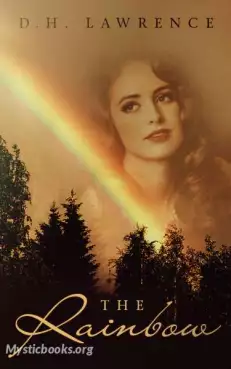
The Rainbow
The Rainbow is a novel by British author D. H. Lawrence, first published by Methuen & Co. in 1915. It follows three generations of the Brangwen family living in Nottinghamshire, particularly focusing on the individual's struggle to growth and fulfilm...
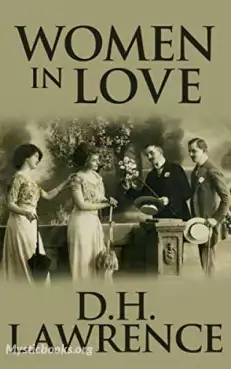
Women in Love
Women in Love (1920) is a novel by English author D. H. Lawrence. It is a sequel to his earlier novel The Rainbow (1915), and follows the continuing loves and lives of the Brangwen sisters, Gudrun and Ursula. Gudrun Brangwen, an artist, pursues a des...
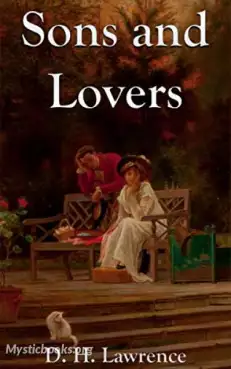
Sons and Lovers
Sons and Lovers is a 1913 novel by the English writer D. H. Lawrence, originally published by Gerald Duckworth and Company Ltd., London, and Mitchell Kennerley Publishers, New York. While the novel initially received a lukewarm critical reception, al...
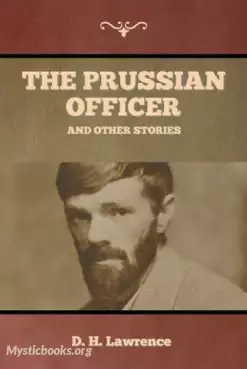
The Prussian Officer
The Prussian Officer and Other Stories is a collection of early short stories by D. H. Lawrence. It was published by Duckworth in London on 26 November 1914, and in America by B. W. Huebsch in 1916.
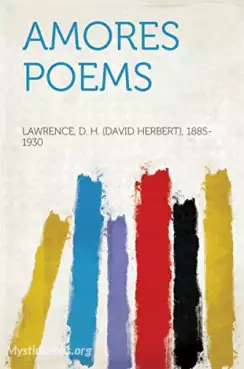
Amores: Poems
Amores is one of D. H. Lawrence's earliest works of poetry, published in 1916, was a precursor to his delving in free verse in later collections. The poems in this collection are characterized by haunting and dark themes, sensuousness and his controv...
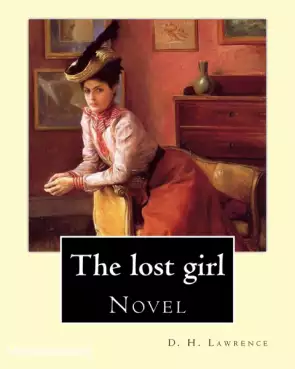
The Lost Girl
The Lost Girl is a novel by D. H. Lawrence, first published in 1920. It was awarded the 1920 James Tait Black Memorial Prize in the fiction category. Lawrence started it shortly after writing Women in Love, and worked on it only sporadically until he...
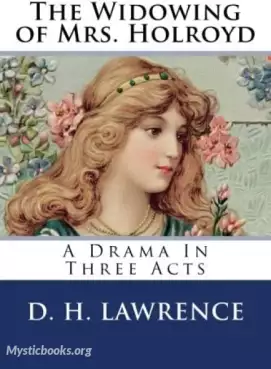
The Widowing of Mrs Holroyd
The Widowing of Mrs. Holroyd is a play by the English writer D. H. Lawrence. It was written in 1911 and the revised version was published in 1914 by Duckworth & Co. in London and Mitchell Kennerley in New York. It is the dramatisation of Lawrence's s...
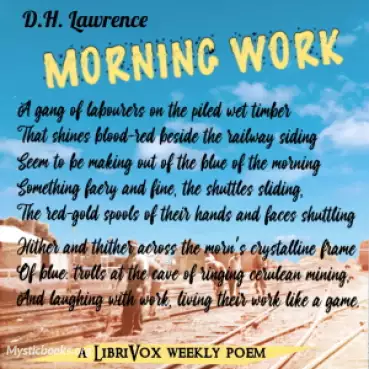
Morning Work
This Weekly poem is taken from Love Poems and Others by D. H. Lawrence.
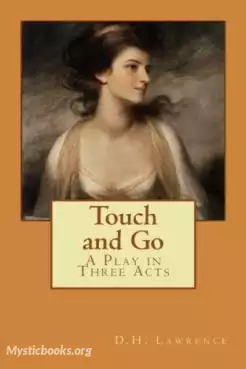
Touch and Go
A man is speaking to a group of colliers in a small mining village. They have decided that they have had enough of the way they are treated and decide to go on strike. A battle of wills ensues.
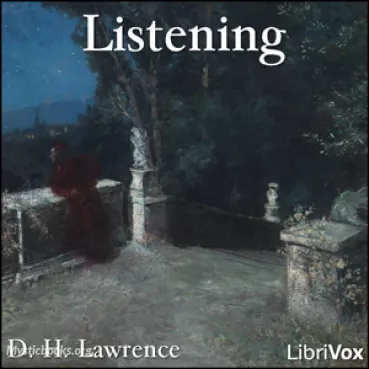
Listening
It features a range of poems exploring themes of love, nature, and the human experience. The poems in "Listening" are characterized by Lawrence's distinctive style, which is marked by vivid sensory imagery and a keen attention to the rhythms of lang...

New Poems
A collection of captivating verses that will transport young readers into the rich and imaginative world of poetry. This compilation is a treasure trove of lyrical expressions and thought-provoking themes. "New Poems" was penned by D. H. Lawrence, a...
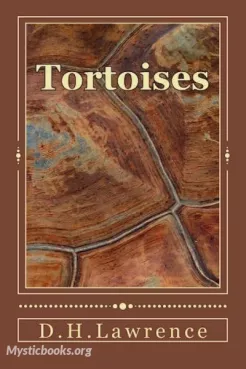
Tortoises
A curious secret lies hidden beneath the ancient shells. Delve into a mesmerizing tale where the ordinary meets the extraordinary, and the timeless wisdom of nature intertwines with the human spirit. In this captivating novella, Lawrence weaves a mag...
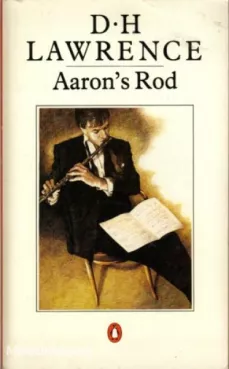
Aaron's Rod
In "Aaron's Rod" by D.H. Lawrence, the pulsating beat of life echoes through the pages, beckoning readers into a world of passion, rebellion, and self-discovery. The story unfurls with Aaron Sisson, a discontented flutist seeking escape from the mund...
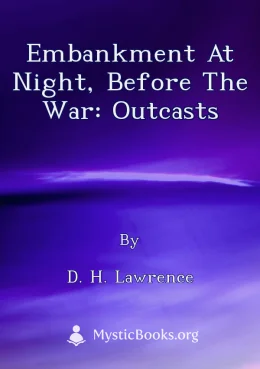
Embankment at Night, before the War: Outcasts
This was the Weekly Poem for 20 May 2006. We stretched our poetry-reading muscles with five versions of this much longer selection than usual (some 96 lines), in which D.H. Lawrence evokes a gritty yet sensitive picture of urban poverty before the Fi...
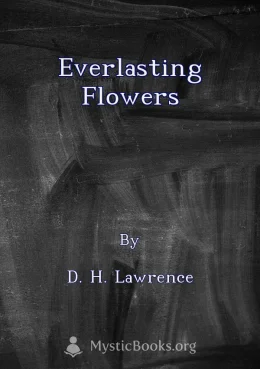
Everlasting Flowers
LibriVox volunteers bring you 9 different recordings of Everlasting Flowers by D. H. Lawrence.
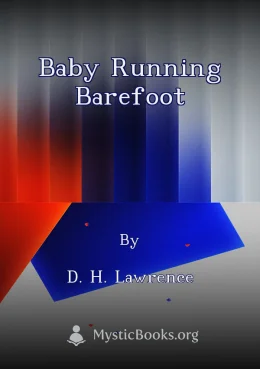
Baby Running Barefoot
LibriVox volunteers bring you 10 recordings of A Baby Running Barefoot by D. H. Lawrence. This was the weekly poetry project for the week of September 7th, 2008.
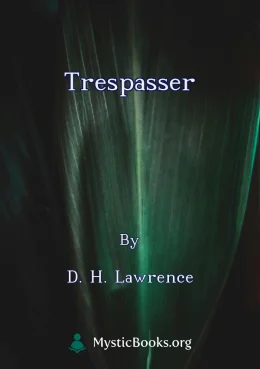
Trespasser
Trespasser tells the story of Siegmund, a man who finds himself torn between his wife, Beatrice, and a passionate, yet fleeting, affair with the enigmatic Helena. Set against the backdrop of the Isle of Wight, the story explores themes of love, desir...
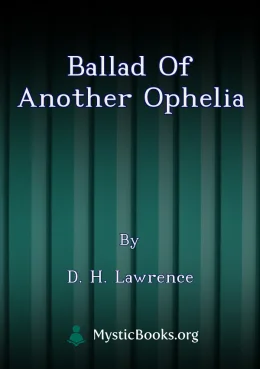
Ballad of Another Ophelia
The Ballad of Another Ophelia is a haunting and evocative poem that explores the themes of love, loss, and grief. The poem is told from the perspective of Ophelia, the tragic heroine from Shakespeare's Hamlet. In Lawrence's poem, Ophelia is not the p...
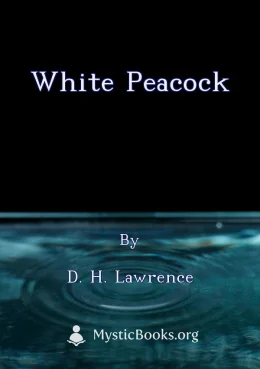
White Peacock
Set in the English Midlands, *White Peacock* delves into the complexities of love, social expectations, and the impact of industrialization on rural life. Cyril Beardsall, the narrator, observes the unfolding drama surrounding his sister, Lettie, an...
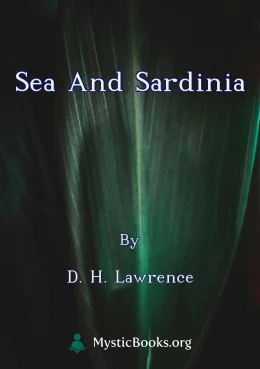
Sea and Sardinia
Sea and Sardinia is a travelogue written by D.H. Lawrence. It chronicles his journey with his wife Frieda through the island of Sardinia, exploring its landscapes, culture, and people. The book is not simply a travelogue; it's imbued with Lawrence's...
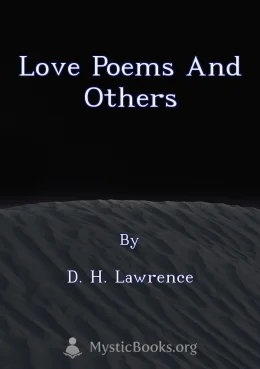
Love Poems and Others
This collection of poems by D.H. Lawrence explores the complexities of human emotions, particularly love in its varied forms. Lawrence delves into the physical and spiritual aspects of desire, the intensity of passion, and the profound impact of rela...
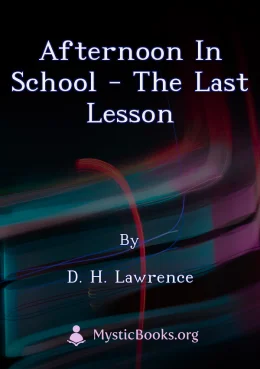
Afternoon in School - the last lesson
This short story, likely written by D. H. Lawrence, explores the complex emotions and anxieties surrounding the last day of school for a student. The story delves into themes of the student's relationship with their teacher and classmates, the loomi...
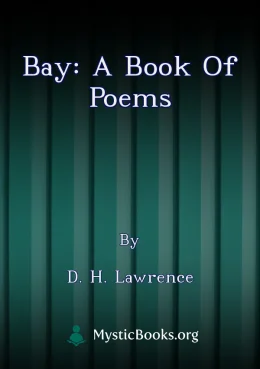
Bay: A Book of Poems
D.H. Lawrence's "Bay" is a collection of poems written during the years of World War I. Lawrence, living a semi-nomadic lifestyle in England throughout these years, seized the opportunity to write of events and their effects from an objective but by...
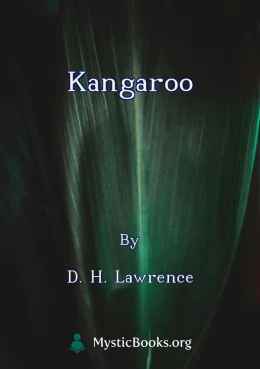
Kangaroo
Kangaroo delves into the political and social turmoil of post-WWII Australia, where factions clash and personal loyalties are tested. As an international journalist, Lovat Somers witnesses the growing influence of a fascist movement led by Kangaroo....
Showing 1 to 24 of 30 results